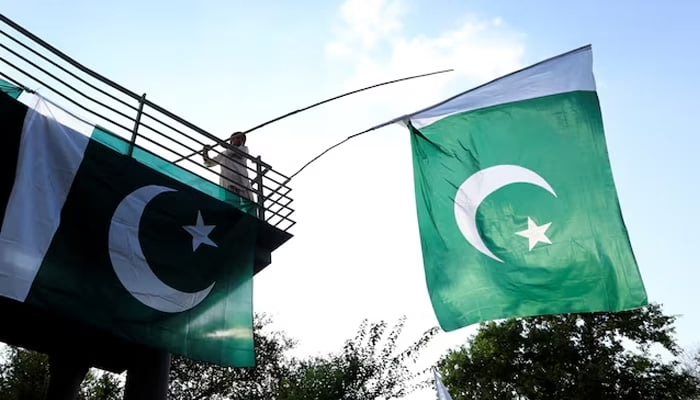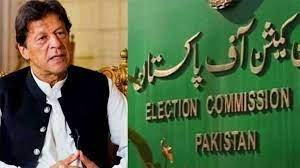The debate on US Policy Towards Pakistan has resurfaced following a recent article in Foreign Affairs, which highlights the failure of Washington’s two-decade-long strategy of prioritizing India over Pakistan. The analysis reveals that this approach has not safeguarded US interests in South Asia and has also failed to align New Delhi with Washington’s broader objectives. With regional tensions on the rise and new opportunities for cooperation emerging, many experts argue that the United States must recalibrate its commitments and adopt a more balanced policy.
Why US Policy Towards Pakistan Needs a Rethink
For over 20 years, Washington has pursued a strategy that leaned heavily toward India, expecting it to serve as a counterweight to China while also supporting broader US security goals in the region. However, the recent assessment shows that India has been unwilling and often unable to align with Washington’s strategic priorities. This was particularly evident when New Delhi adopted a neutral stance on Russia’s invasion of Ukraine in 2022, despite heavy US pressure.
At the same time, sidelining Pakistan has created deeper fault lines in South Asia. As the Foreign Affairs article emphasizes, US Policy Towards Pakistan needs to focus not just on geopolitics but also on building economic and security partnerships that can stabilize the region.
Missed Opportunities in Bilateral Relations
The article notes that US policymakers underestimated Pakistan’s role in counterterrorism, conflict mediation, and resource development. Former President Donald Trump had once praised Pakistan’s efforts in reducing cross-border tensions with India and supporting peace in Afghanistan. Yet, Washington’s limited engagement has prevented long-term trust from taking root.
Recent reports suggest that both countries are now exploring new areas of cooperation, such as low-tariff trade deals, joint ventures in cryptocurrency, and critical mineral mining. Projects like the Reko Diq copper and gold mine demonstrate how US Policy Towards Pakistan could deliver economic benefits not only to Pakistan but also to American companies looking for secure investment opportunities.
Economic Engagement as a Stabilizing Factor
A key component of rethinking US Policy Towards Pakistan lies in recognizing the country’s economic potential. Pakistan’s resource sector offers vast untapped opportunities, from energy reserves to mineral wealth. Encouraging US investment in these sectors could not only strengthen bilateral ties but also reduce Pakistan’s reliance on other global powers for economic support.
Statistics highlight Pakistan’s potential: the Reko Diq mine alone is estimated to hold one of the world’s largest undeveloped copper-gold deposits, potentially worth over $500 billion. By investing in such projects, Washington can ensure that both American and Pakistani interests are aligned in creating jobs, boosting exports, and contributing to regional stability.
Security and Counterterrorism Cooperation
Beyond economics, the security dimension remains central to US Policy Towards Pakistan. Islamabad has played a significant role in counterterrorism efforts over the past two decades, often acting as a frontline ally in curbing extremist threats. While the relationship has seen tensions, cooperation between the two countries has yielded significant results, including intelligence sharing and military collaboration against regional terror networks.
A more balanced US approach that acknowledges Pakistan’s contributions could enhance trust and open the door for stronger defense cooperation. With South Asia facing evolving security challenges, including cybercrime and cross-border militancy, Washington cannot afford to overlook Islamabad’s strategic position.
The Risks of a One-Sided Policy
Experts warn that continuing a one-sided tilt toward India will only deepen divisions in South Asia. India’s reluctance to fully align with US foreign policy has already weakened Washington’s influence in the region. Meanwhile, neglecting Pakistan risks pushing Islamabad closer to other powers such as China and Russia.
Rebalancing US Policy Towards Pakistan does not mean abandoning ties with India. Instead, it requires adopting a dual-track approach that engages both South Asian nations in ways that support peace, trade, and security. Without this recalibration, the US risks losing strategic ground in one of the world’s most volatile regions.
The time has come for Washington to reassess its strategy. The failures of the past two decades highlight that the United States cannot achieve its regional goals by favoring India alone. US Policy Towards Pakistan should focus on building a stronger, trust-based partnership that covers economic development, counterterrorism cooperation, and regional stability.
By investing in Pakistan’s resource sector, supporting fair trade agreements, and strengthening security collaboration, the United States can ensure a more balanced South Asian policy that protects its interests and contributes to peace in the region. In a rapidly changing geopolitical environment, a revised policy towards Pakistan may be the key to achieving long-term stability and mutual prosperity.



